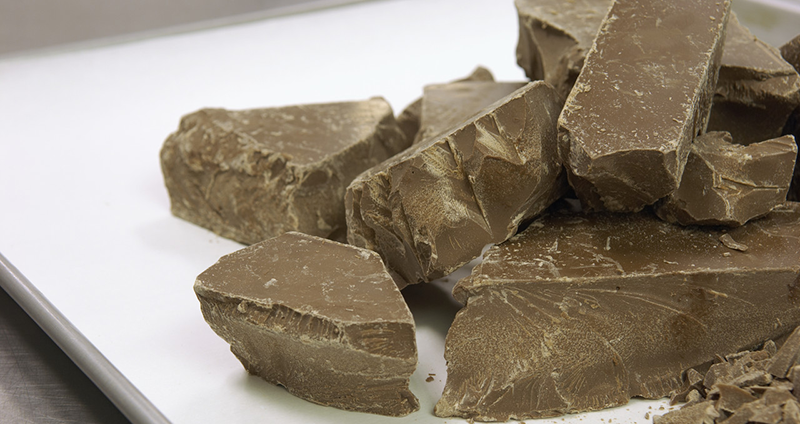Can Certain Foods Fight Your Allergies?

Stock your kitchen with foods that could make for a milder allergy season.
When seasonal allergies strike, you might head straight for your medicine chest to find relief. Yet you can also find potent allergy fighters in your fridge and pantry. Certain foods could relieve symptoms and strengthen your immune system, helping you avoid allergies even before they start.
Breast milk
You can start protecting your child from allergies at first feed. Experts say breastfeeding strengthens a baby’s developing immune system — in part through exposure to bacteria and other microorganisms from mom’s gut.
“The research is telling us that exposure to a higher and more diverse burden of environmental bacteria and specific patterns of gut bacteria appear to boost the immune system’s protection against allergies and asthma,” said researcher Christine Cole Johnson, PhD, MPH, chair of Henry Ford Health System’s Department of Public Health Sciences. To maximize the health benefits, the American Academy of Pediatrics recommends breastfeeding exclusively for your baby’s first six months of life.
Antioxidants
To produce the energy you need to function, your body uses oxygen from the environment. This energy production process produces a harmful byproduct — unstable molecules called free radicals. If free radicals aren’t destroyed, they can damage healthy cells through a process called oxidative stress, potentially leading to disease and allergies.
Antioxidants are your line of defense against this cellular damage, neutralizing free radicals before they can become destructive. Some antioxidants come from inside your body, but you can boost levels of these healthy substances by eating antioxidant-rich foods. Vitamins A, C, and E, and beta-carotene in particular may protect against allergies and asthma. Good sources include sweet potatoes, carrots, spinach, kale, citrus fruits, tomatoes, peppers, Brussels sprouts, broccoli, almonds, turnip greens, fish, and seafood.
Omega-3 fatty acids
Omega-3 fatty acids are healthy fats your body needs, but can’t make itself. Research is finding these fats are helpful for the heart, brain, and overall health. Omega-3s can reduce inflammation throughout the body, and they may help prevent the immune system overreaction that leads to allergies.
Maximize your omega-3 intake by eating fatty fish like salmon, mackerel, sardines, and anchovies at least twice a week. Plant-based sources such as flaxseeds, walnuts, canola oil, and avocado aren’t as potent, but they’ll still increase your omega-3 intake.
Polyphenols
Polyphenols are a particularly potent type of antioxidant found in tea, red wine, fruits, vegetables, and chocolate. Research suggests they may help combat allergies in a variety of ways, including reducing inflammation and dampening the overactive immune system response that triggers allergies. Polyphenols might also alleviate allergy symptoms by acting on mast cells, which release the chemicals that cause a runny nose and watery eyes.
Probiotics
You may have heard these beneficial bacteria are good for your digestive health. A recent review of studies finds probiotics might also help relieve symptoms of seasonal allergies. “There was a lot of variability in the individual studies, but a majority of the studies did show at least some benefit with the use of probiotics compared to placebo,” said lead author Justin Turner, MD, PhD, assistant professor of otolaryngology at Vanderbilt University.
Turner doesn’t suggest swapping out your current allergy medicine for probiotics. “This is not by any means suggesting that this is a cure for allergies,” he said, but he does suggest that probiotics are worth studying for allergy relief. You can find probiotics in foods like yogurt, miso, and sauerkraut, or in supplements.
Spices (ginger, onion, garlic)
Adding an extra dash of spice to your meals likely won’t spare you from allergies, but it might help you breathe easier when an allergy attack hits. Onion, garlic, and cayenne pepper have all been touted for thinning mucus and opening up clogged sinus passages.
Fluids
In the height of allergy season, try to drink a few extra glasses of water each day. The extra fluid will help thin out mucus, flush out your sinuses, and prevent you from getting dehydrated. The steam from tea, soup, and other hot fluids may provide extra allergy symptom relief.
Updated:
March 30, 2020
Reviewed By:
Janet O’Dell, RN